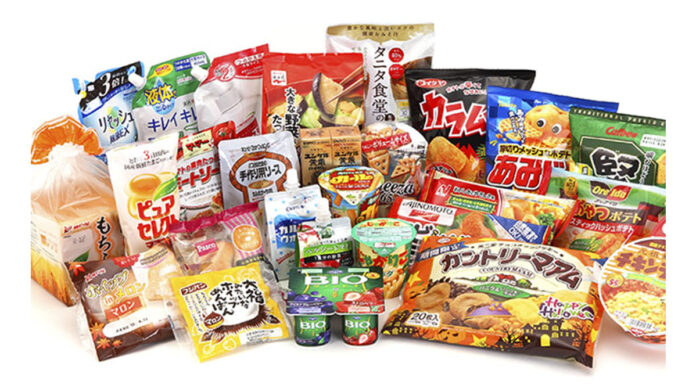Toyo Ink SC Holdings Co., Ltd., the parent company of the Toyo Ink Group of Japan, launched the “Toyo Ink Group Sustainability Vision TSV2050/2030” in January 2022, as the long-term strategy for its Corporate Social Responsibility (CSR) and sustainability. The Vision was established in response to recent global trends regarding climate change, carbon neutrality as well as the current social climate that calls on companies to meet increasing demands for sustainability. Under the TSV2050/2030 Vision, the company reaffirms its commitment to making 100% of its products and manufacturing operations carbon neutral by 2050.
“The Toyo Ink Group Sustainability Vision sets forth an ambitious vision to bring our entire carbon footprint on a global basis to net zero by 2050,” said Kazuhito Nakano, Chief Sustainability Officer of Toyo Ink SC Holdings. “While we’ve been steadily reducing CO2 emissions at our production bases since 2010, the renewed Vision is integral to fulfilling our commitment to low-carbon product development, to reducing greenhouse gasses in our manufacturing supply chain and to reinforcing trust in our company by all of our stakeholders. In line with the targets specified under the TSV2050/2030 Vision, we’ll continually strive to realize a decarbonized society and to make real, positive change in this world.”
The TSV2050/2030 Vision is comprised of two components: TSV2050, which sets forth specific targets that the Group intends to achieve by 2050, and the TSV2030, which defines interim targets to be realized in 2030. Specifically, CO2 emissions are to be reduced by 35% in Japan by 2030 (from fiscal 2020 levels), 35% reduction in other countries compared to fiscal 2030 BAU (business as usual) level*.
| TSV2030 Targets | TSV2050 Targets | |
|---|---|---|
| 1.
Providing products and services that help realize a sustainable society. |
|
|
| 2.
Reducing the environmental impact of manufacturing. |
|
|
| 3.
Reinforcing a foundation of trust. |
|












